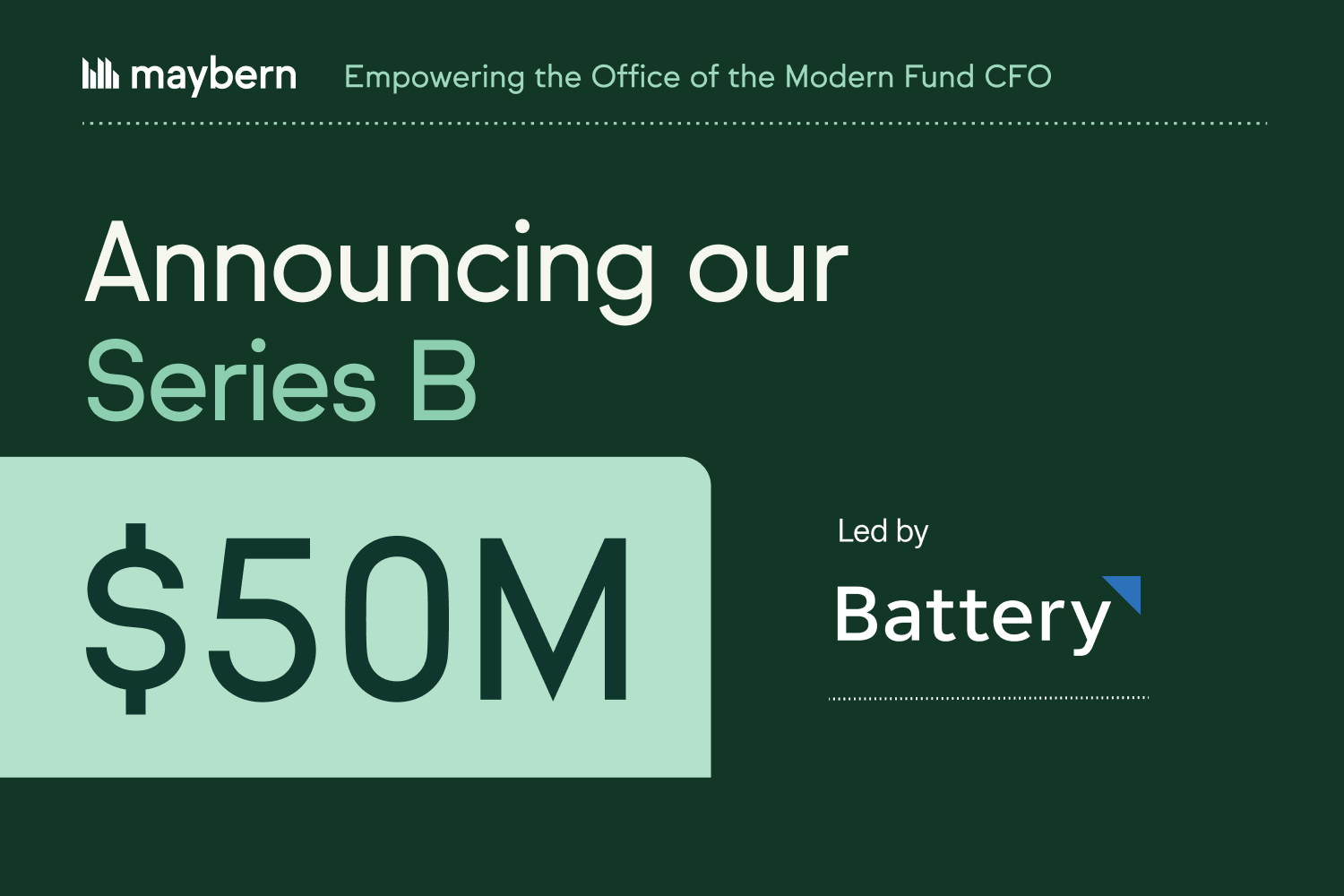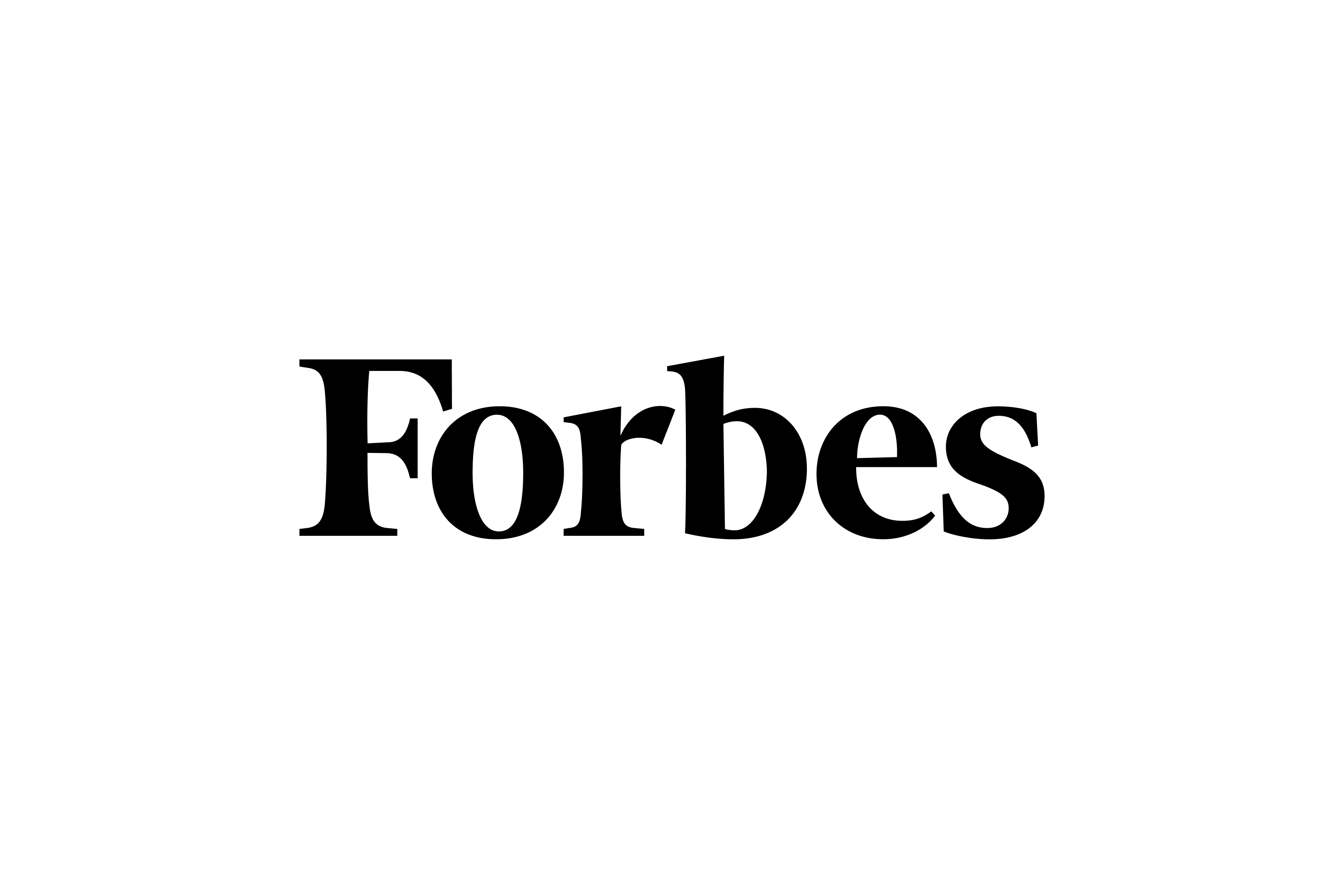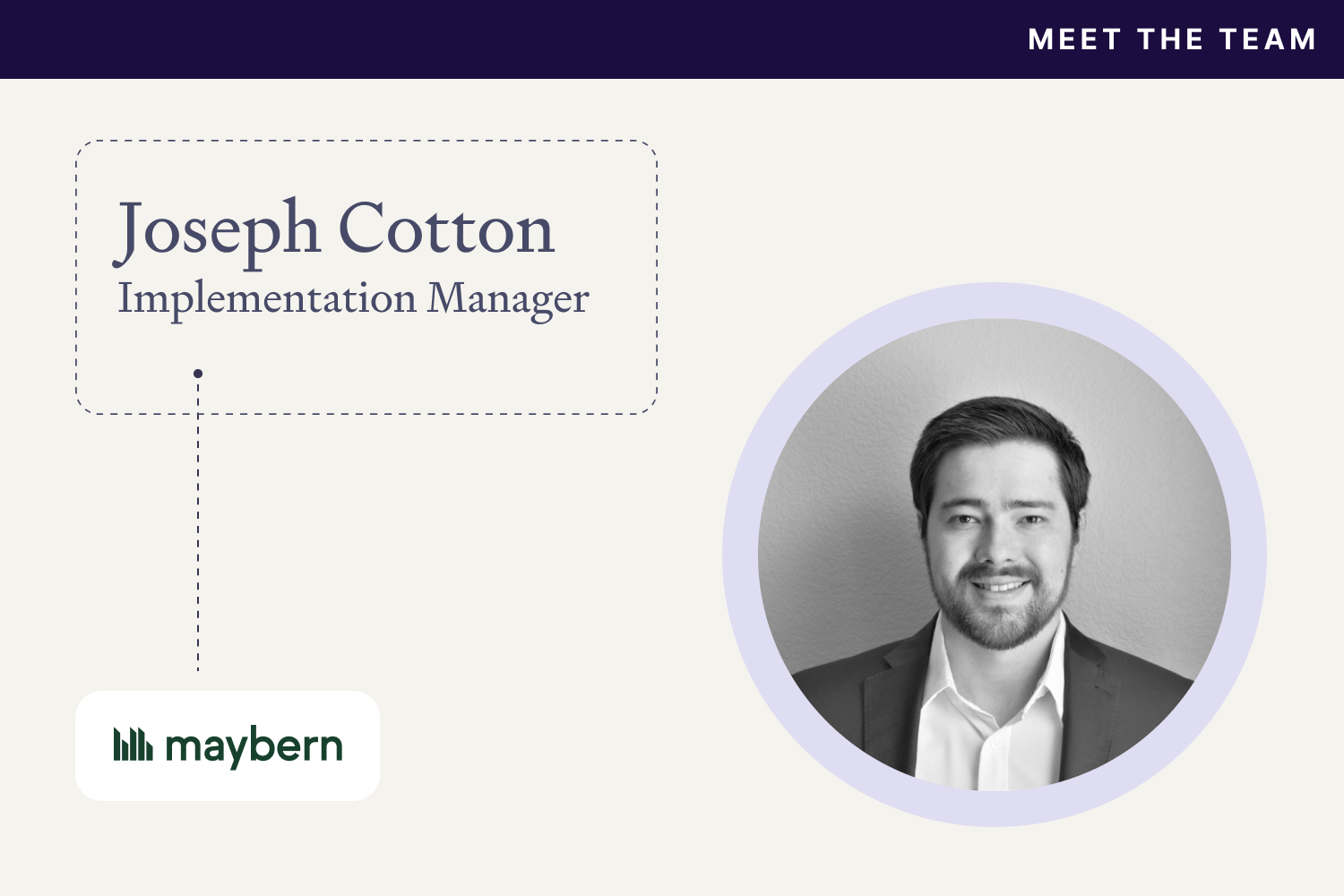
Meet the Team: A Conversation with Melissa Stone, Senior Software Engineer
Welcome to the latest installment of our “Meet the Team” series, where we introduce the talent and expertise driving Maybern’s mission to transform the Office of the CFO from operational management to strategic leadership.
Melissa Stone joined Maybern just eight months ago, yet she’s already deep into expanding our toolkit from the ground up. As a Senior Software Engineer on our Calculations & Allocations team (or more well known as “Calcs & Alcs”), she’s building the engine that powers every Maybern workflow and making complex allocation logic feel simple and intuitive.
Prior to joining Maybern, Melissa spent 5 years in healthtech at Zocdoc where she built and scaled new product verticals in the provider and pre-appointment spaces. Outside of work, Melissa enjoys exploring NYC and staying active.
What technical challenges at Maybern are you most excited to be solving?
Melissa: I’m really excited to be part of the team focused on building our new calculation engine. We’re building an Excel-like query language that will allow our customers to configure any calculation in our system. Auditability of the calculation will be fully baked in, allowing fund managers to ditch their traditional Excel workbooks riddled with manual comments used to document nuances or special cases, an approach that’s brittle and opaque.
This new way of executing calculations will unlock new capabilities for our customers, and be the foundation for newly released and upcoming features, like Hybrid Waterfalls and Performance Reporting. It will also help us ship new features faster, and be flexible out the gate. I’m loving that the work I’m doing will play a big part in the future vision of the product and be used across the team.
How does your team approach building software that handles such complex financial scenarios?
Melissa: We try to start simple with every project, which means asking ourselves, “What about this concept applies broadly across our customers?” Isolating the core mechanics usually requires collaboration with the Core Engineering Team and our industry subject matter experts, whom we also leverage to help us capture edge case scenarios. Afterwards, we can layer in pieces of advanced configuration with a strong emphasis on maximizing how configurable any given feature will be, knowing the amount of variability in methodologies across the industry. We iterate rapidly, build small increments, and validate directly against real customer scenarios.
As a practical example: we know that most Hybrid Waterfalls have shared mechanics, but each fund’s LPA specifies different waterfall terms. Some concepts, like how a distribution flows through a waterfall, are largely generalized. But we allow configurability on top of that - one example is an Excel-like formula for how cashflows impact a given waterfall tier’s size. Read more about our Hybrid Waterfall solutions here.
What makes the engineering culture at Maybern unique?
Melissa: I really value Maybern's supportive learning environment. I know I can always lean on our team’s domain experts as I continue to learn, but am also very well supported in my own learning journey, and encouraged to make mistakes and iterate quickly – the level of mutual trust is rare, and it accelerates both learning and delivery.
The collaborative spirit extends beyond just the engineering team. We're constantly partnering with subject matter experts and client-facing teams to ensure we're building solutions that truly address our customers' complex needs. This collaboration creates a dynamic environment where everyone's expertise is valued and utilized to solve challenging problems.
What advice would you give to engineers considering a role in fintech or financial software?
Melissa: Dive in and learn by doing. The private-markets space is vast (capital activity, waterfalls, fee breaks, NAV loans and more) but you don’t need to get into the weeds of every workflow before starting to add value. I spent my first month focused on understanding one of our core tools, our allocations system, then applied my understanding to revamp it and add new features. From there, each new project bumped me into adjacent domains and workflows, so I picked up pieces organically.
Now eight months in, while I still have so much more to learn, by seeking to intimately understand our core principals, I feel that I have very strong foundational knowledge that enables me to tackle the next complex challenge. I also know that I can continue to lean on my peers as I seek to gain as much expertise as possible.
If you have strong fundamentals in building abstractions, data structures, and testing, and a willingness to understand fund accounting rules one project at a time, you’ll thrive here.
Interested in joining a team solving fascinating technical challenges and building an industry-defining product? Explore our open engineering roles here.
Recommended Content



